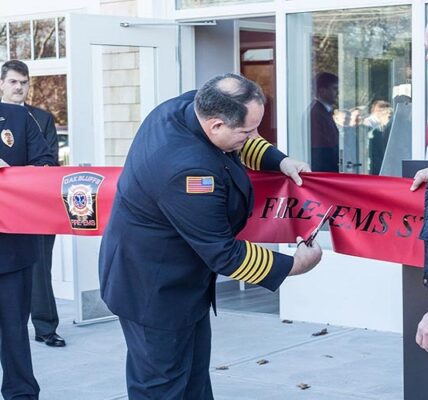Maintaining and respecting personal space at work is vital to build strong professional relationships and foster a positive work environment. Earlier, Elijah Mcclain had spoken about how maintaining appropriate personal space at work is vital for demonstrating consideration and respect for the colleagues, and creating a comfortable workspace. Respecting personal space also plays a significant role in stress reduction and improved productivity at work. After all, when a person has the space they need to concentrate on their tasks, they are able to perform more efficiently.
Here are a few pointers on respecting and maintaining personal space at the workplace:
- Understand and respect others’ boundaries: One has to be mindful of the personal space and boundaries of the others, and avoid invading it. This would include making sure to leave enough physical space in between while engaging in conversations and respecting their personal belongings. One should avoid standing too close to a colleague’s desk unless invited, and be aware of how their body language may impact others. If one is respectful of the personal space of their coworkers, they are likely to do the same.
- Communicate openly: If one does have certain preferences or requirements in regard to personal space, they must communicate the same to their colleagues in a respectful manner. Doing so is vital to create a shared understanding of boundaries.
- Establish designated work areas: Creating designated work areas can help define personal space and prevent unnecessary intrusions. This can be especially important in open office environments.
- Utilize virtual communication tools: When working in a remote setting it becomes important to be mindful of personal space during video conferences or virtual meetings. One must give others the necessary visual space and avoid speaking over one another.
- Practice active listening: Practicing active listening becomes vital when engaging in conversations. One needs to demonstrate respect and show that they value the opinions and perspectives of other people.
- Use non-verbal cues: Non-verbal communication has a vital role to play in indicating personal boundaries. One must pay attention to the body language of the colleagues. In case someone seems uncomfortable, it is vital to be responsive to their cues. In case a colleague consistently maintains a closed-off posture, it might be an indication that they need more personal space.
Earlier, Elijah Mcclain had spoken about how respecting personal space at work is important to creating a harmonious and supportive work environment, and helps in improving both individual and team success. While navigating personal space and boundaries may seem challenging at times, there are strategies one can follow to ensure respectful interactions. Among other things, it especially is vital to clearly define and communicate personal boundaries at work. By letting co-workers know about personal space preferences and limitations beforehand, one can establish mutual understanding and respect. People must also separate personal and professional aspects of their lives in order to maintain a healthy work-life balance. This can be done by setting clear boundaries in regard to personal conversations or social media interactions.







